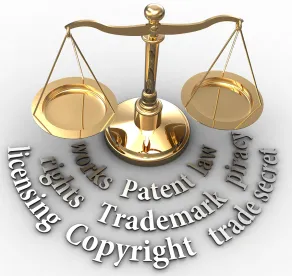Global competition in high-tech industries is as intense as ever, and U.S. administrative agencies continue to find themselves at the center of global disputes between foreign companies seeking to vindicate trade secret and intellectual property rights. That outlook was confirmed this month in a highly-anticipated ruling by the International Trade Commission (“ITC”) in a trade secret dispute between two South Korean manufacturers of electric vehicle batteries.
On February 10, 2021, the ITC issued its final determination (Inv. No. 337-TA-1159) affirming an administrative law judge’s initial determination that the South Korean company SK Innovation had violated Section 337 of the Tariff Act of 1930 by misappropriating trade secret information regarding electric vehicle batteries from LG Chem, Ltd., also from South Korea. The ITC barred the imports of SK Innovation’s lithium-ion battery products for 10 years. However, the ITC made a number of important exceptions in light of public interest considerations. First, the ITC permitted SK Innovation to continue importing components for domestic production of lithium-ion battery products for Ford Motor Co.’s electric F-150 production for four years and for Volkswagen of America’s MEB line for the North America Region for two years, in order to permit the auto-makers to transition to new domestic suppliers. Second, the ITC permitted SK Innovation to import articles for repair and replacement of electric vehicle batteries for Kia vehicles equipped with SK Innovation batteries that were sold to American customers before February 10, 2021. The Biden Administration has 60 days to review the ITC’s order.
The ITC’s investigation was initiated in June 2019 based on a complaint filed by LG Chem, Ltd. and LG Chem Michigan, Inc. against SK Innovation with the ITC and the District of Delaware, alleging that SK Innovation had violated the Defend Trade Secrets Act and the Delaware Uniform Trade Secrets Act by misappropriated its electric vehicle battery trade secret information. LG Chem alleged that SK Innovation had systematically stolen the information by poaching former LG employees, including scientists, engineers, and business individuals, and improperly obtained trade secret information from the employees. LG Chem alleged that the misappropriation had cost them over $1 billion in revenue.
This case highlights the relationship of ever-expanding globalization with U.S. trade secret law, especially in high-tech industries such as electric vehicles. The case has established U.S. administrative agencies as a potential forum for foreign companies doing business with U.S. companies to litigate trade secret and intellectual property disputes. It is foreseeable that other foreign companies competing in the U.S. may use similar avenues for litigating trade secret disputes in future cases.


 />i
/>i


